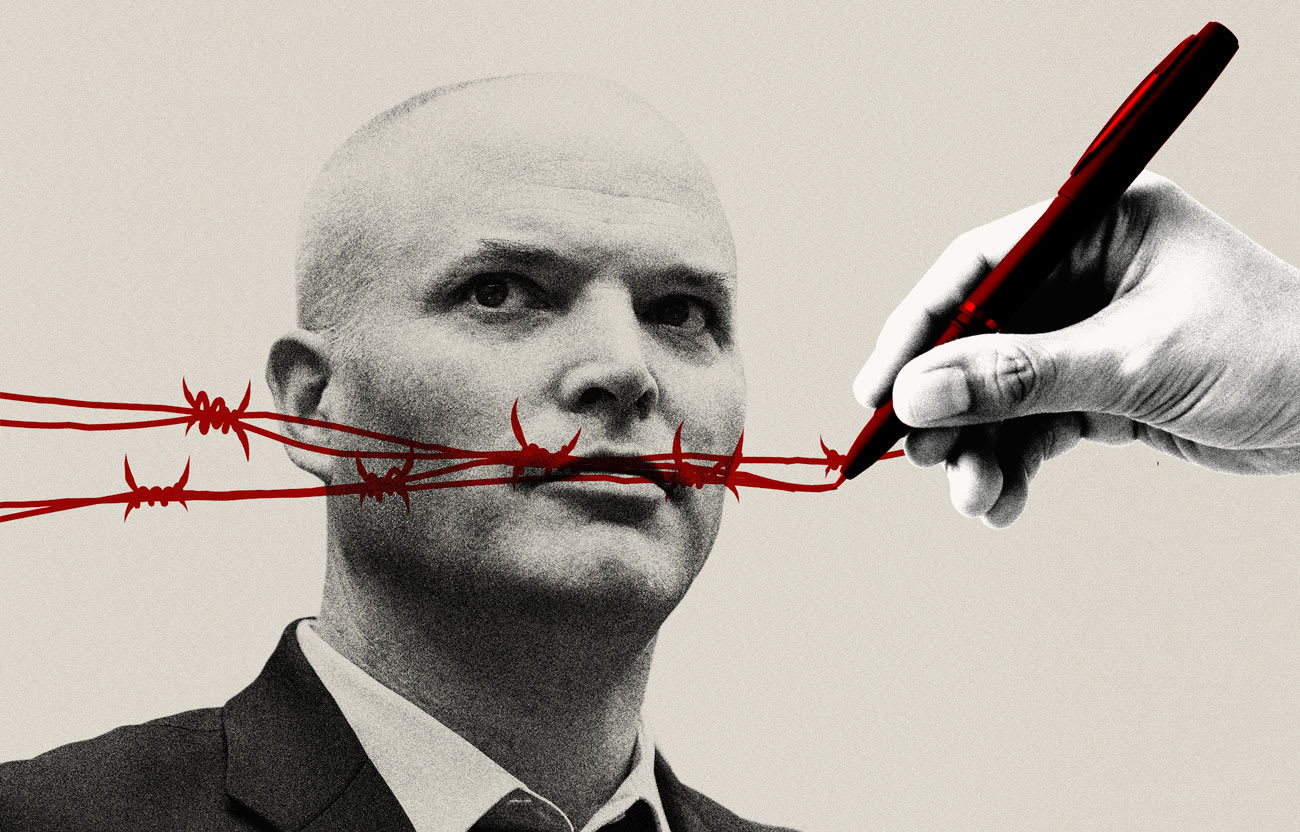College students panic over FAFSA's fine print about registering for the draft
After a U.S. airstrike killed Qassem Soleimani, the head of Iran's Quds military force, in Baghdad on Thursday, Iran vowed "crushing revenge" against all responsible. Now, with #NoWarinIran, #TrumpsWar and #WorldWarIII trending on Twitter, users are looking into the draft — particularly college students about how the Free Application for Federal Student Aid (FAFSA) could play into their potential future military service.
Hundreds of Twitter users posted messages and memes insinuating that the draft, or selective service, will be put into place within the next few months. They also suggested that college-age students would be prioritized for service.
Concerns over an active draft and FAFSA's role in the service even shut down the Selective Service System's website because of the sudden surge in traffic.
The Selective Service System said on Twitter, however, that there's no reason for panic. They assured Twitter users that there is no active draft at this time and that the department is conducting business as usual. The government, they said, "would need to pass official legislation to authorize a draft."
Here's how the draft actually works, and the role FAFSA plays in signing up for selective service.
- Any person assigned the sex of male at birth who is between the ages of 18 to 25 is required to register for the draft. Eligible citizens are required to register within 30 days of turning 18, and immigrants must register within 30 days of entering the U.S.
- If someone who is eligible for the draft has not yet registered, they're generally unable to get federal financial aid for higher education. FAFSA offers applicants a way to register for the draft in the aid application. Those who are ineligible for draft exemption and who failed to register are not granted federal financial aid, according to the Federal Student Aid Handbook.
- Draft exemptions include males currently in the armed services and on active duty, not including members of the Reserve and National Guard who are not on active duty, males under the age of 18 at the time they complete their FAFSA, non-citizens of the U.S. who came to the country after turning 26 years old, and transgender males.
- Eligible males who forgo federal student loans or do not go to college are not omitted from the draft. Those who choose not to register are susceptible to a felony charge and a fine of up to $250,000, a prison sentence of up to five years, or a combination of the two.
FAFSA also tweeted out information on the subject, saying that the draft does not prioritize individuals who have applied for financial aid through the FAFSA application system. Selective service relies on a random lottery number and an individual's year of birth, and FAFSA tweeted that registering for the draft has been a "longstanding requirement" for males to get federal student aid.
In order for the draft to go into effect in the first place, Congress and the president must sign legislation to authorize it. According to the Selective Service System's website, the first group to be entered into a draft lottery would be men who are within the calendar year of their 20th birthdays, followed by a sequence of those who are 21, 22, 23, 24 and 25. Those who are 18 and 19 would likely not be drafted, according to the website.
Men who are drafted undergo physical, mental and moral evaluations, and depending on the results, may file a claim to be exempt, or to postpone or defer military service.



